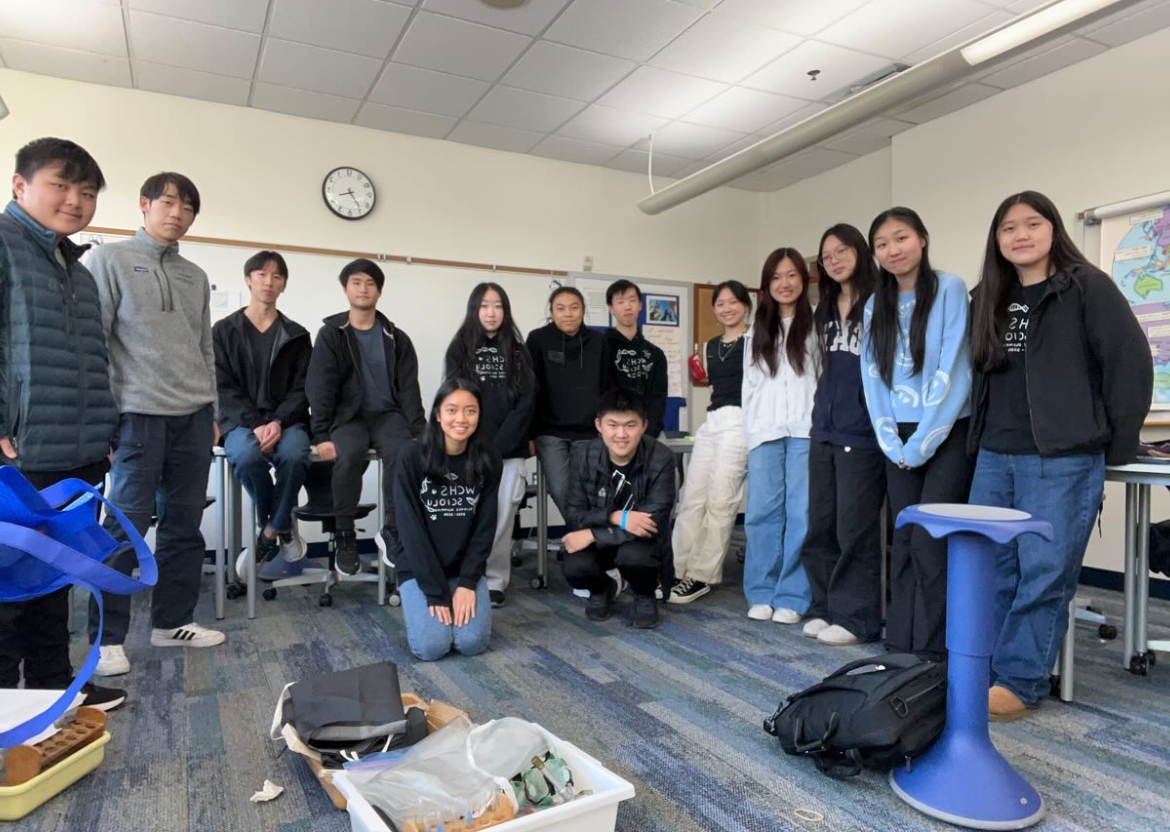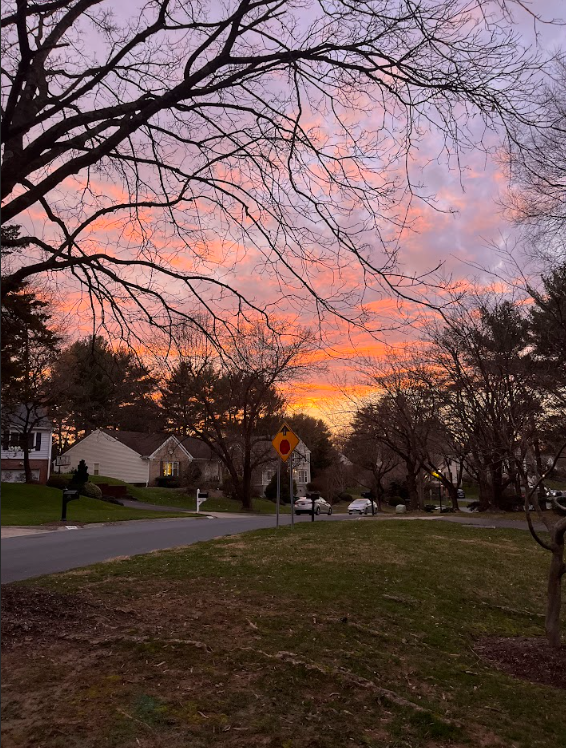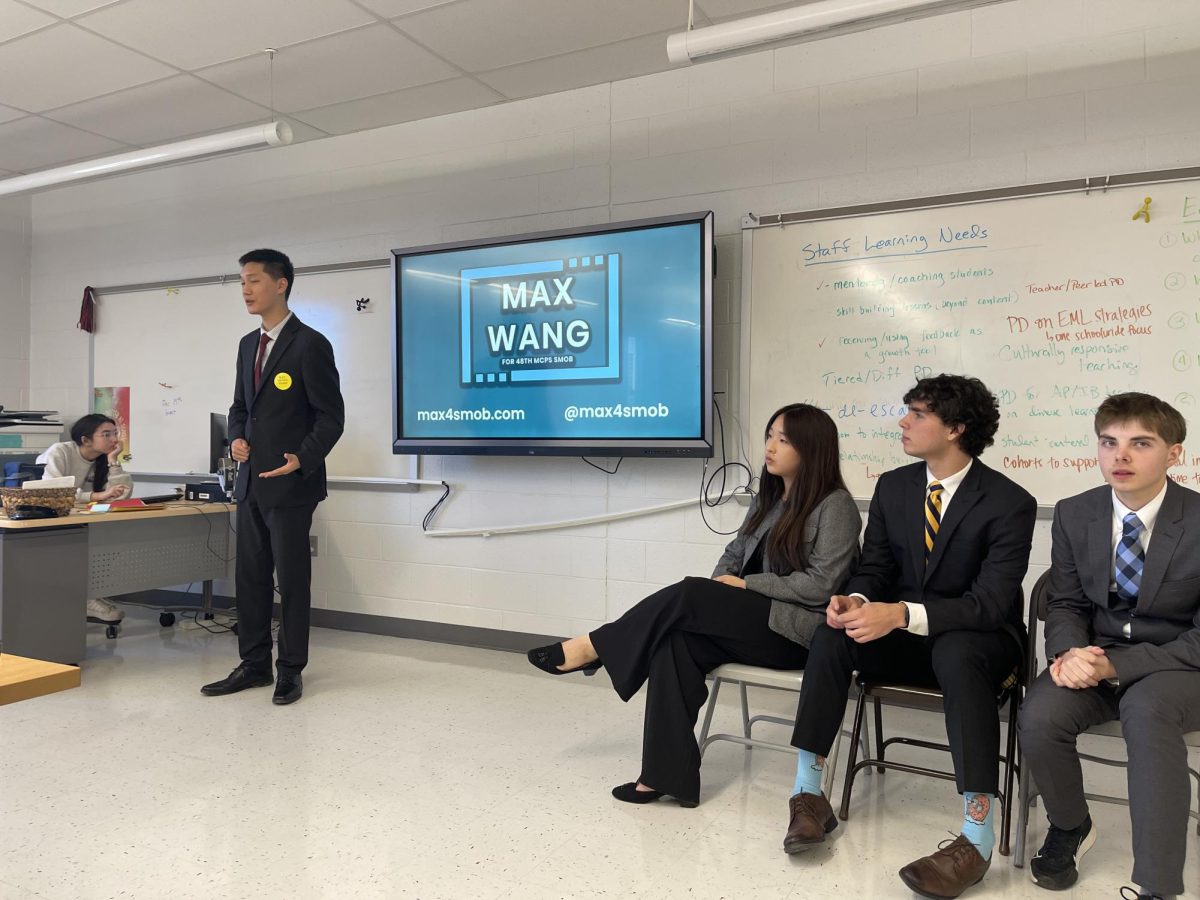It is not a secret that a good number of American students have a soft spot for foreign exchange students because of their accents, sense of style and interesting backgrounds. Typically there are at least two foreign exchange students at CHS, but this year there are three.
Sophomores Mortiz Büttner and Franziska Hopf are from Germany, and junior Yui Hasado is from Japan. According to MCPS rules and regulation, the county is limited to 50 exchange students, and each school is limited to five exchange students.
“I think it is a good experience for both the foreign student and CHS students,” counselor Beverly Lubenetski said. “We learn from each other about each other’s cultures.”
Some of the exchange students chose to come to the US because of their sibling’s experience here.
“My brother did the exact same program two years ago,” Büttner said. “He told me it was so much fun and wished he could stay longer.”
CHS’ foreign exchange students are adjusting to their new environment in different ways. Hasado feels being on a sports team made starting school a little less stressful.
“I like poms because it made my experience here better,” Hasado said. “Everyone is very enthusiastic, and every day is a party.”
Several academic requirements are needed to qualify for the program. According to MCPS regulation on enrollment and placement of international and foreign students, exchange students must be able to demonstrate mastery of English without ESOL, have previously maintained at least a B average, be between the ages of 15 and 18 and be in the US under the proper visa which allows foreign exchange students to live in the US until their program is over.
“Foreign students in an exchange program must hold a J-1 visa and be part of an approved exchange program,” MCPS spokeswoman Lesli Maxwell said. “They must enroll through the MCPS Residency and International Admissions unit.”
For some exchange students, English is not their first language. Hasado’s first language is Japanese, and she hopes coming to the U.S. will help improve her language skills.
“I love this program because people come from many countries, so I can make a lot of friends,” Hasado said. “I hope to speak English better after this experience.”
All countries handle educating minors in different ways. In some places, students have more classes but only attend them a few times a week. In Germany specifically, the school schedule is very different from a CHS schedule.
“My old school started at 8 a.m. and ended at 1:05 p.m.,” Hopf said. “I had 13 classes, but not every day. We do not get to choose our classes because they are assigned to us. Also, lunch is different. In Germany, I had two 20-minute breaks, but here you have an hour for lunch.”
The foreign exchange students at CHS feel that their overall experience has been positive.
“I love it so far because it is completely different and it is interesting to see the US,” Büttner said. “I’m staying half the year, but I want to stay the whole year.”







